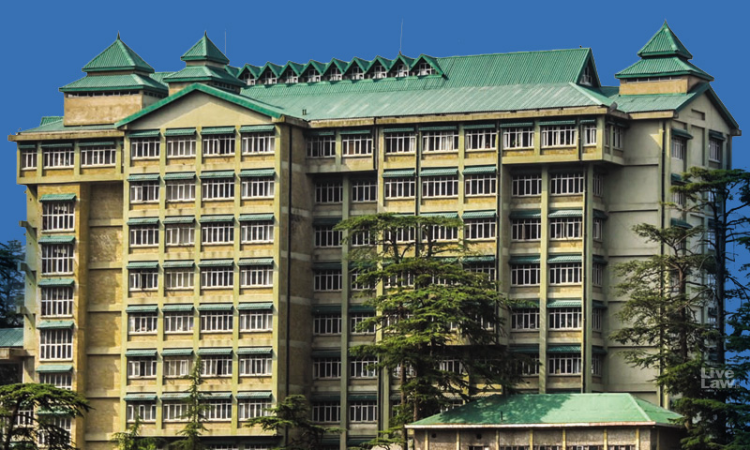Himachal Pradesh HC Says Rule 86B Of CGST Rules Limiting Discharge Of Output Tax Liability Through ITC In Electronic Credit Ledger Appears To Be Ultra Vires HPGST Act But Leaves Issue Open
Kapil Dhyani
27 Sept 2024 9:00 PM IST

Next Story
27 Sept 2024 9:00 PM IST
